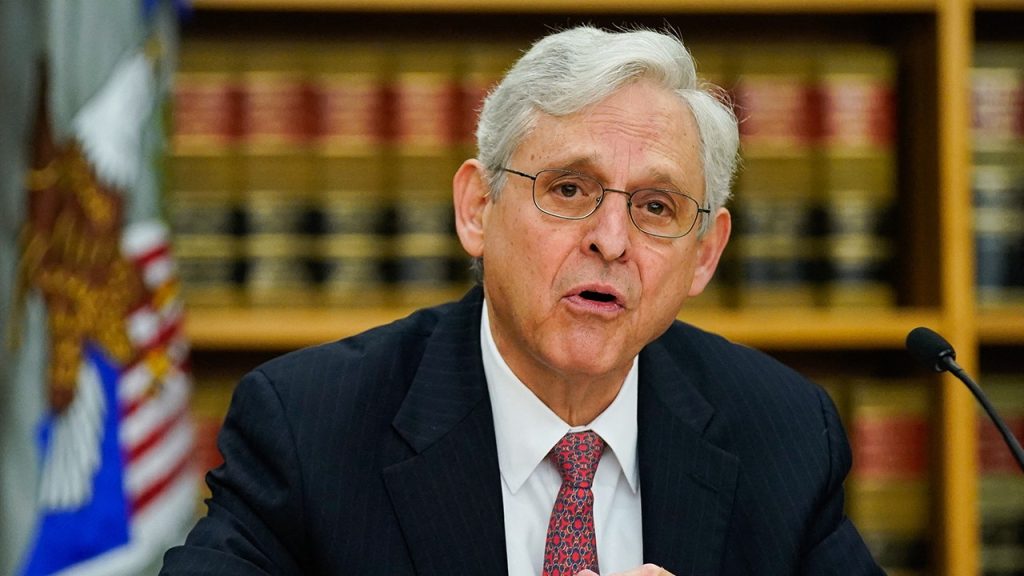The House Oversight and Judiciary Committees are set to discuss a resolution on Thursday to hold Attorney General Merrick Garland in contempt of Congress for failing to produce the subpoenaed audio recording of President Biden’s interview with Special Counsel Robert Hur during his classified records investigation. Despite threats from Committee Chairs James Comer and Jim Jordan, the Justice Department has refused to provide the audio recordings and has only produced a transcript of Biden’s interview. The committees reiterated the importance of the audio recordings in investigating Biden’s handling of classified documents and his fitness for office.
Hur, who released his report publicly in February after months of investigation, did not recommend criminal charges against Biden for mishandling classified documents but raised concerns about Biden’s poor memory and his implications for national security. Republicans have expressed frustration with Garland’s refusal to comply with the lawful subpoenas for the audio recordings, stating that there must be consequences for defying congressional subpoenas. The refusal to provide the recordings has raised suspicions about Biden’s handling of sensitive intelligence sources and methods and has implications for his 2024 reelection campaign.
The House GOP has threatened to hold Attorney General Garland in contempt of Congress over the ongoing dispute regarding the audio recordings of Biden’s interview with Special Counsel Hur. The committees have set a meeting on Capitol Hill for Thursday to address the issue and enforce consequences for Garland’s refusal to comply with the subpoenas. Garland’s decision not to turn over the audio recordings has escalated tensions between Republicans and the Justice Department, with Committee Chairs Comer and Jordan emphasizing the importance of the recordings in their investigation of Biden’s retention of classified documents and his eligibility for the presidency.
Despite threats and deadlines set by Republicans in March, the Justice Department has maintained its stance on refusing to produce the audio recording of Biden’s interview with the special counsel. The committees continue to press for the recordings, citing their significance in the investigation of Biden’s handling of classified documents related to national security and foreign policy. The ongoing conflict between Congress and the Justice Department over the audio recordings and the potential consequences for Garland highlight the challenges in conducting investigations into the actions of high-ranking officials, especially when national security and sensitive information are at stake.
The resolution to hold Attorney General Garland in contempt of Congress over the refusal to provide the audio recordings of Biden’s interview with Special Counsel Hur underscores the escalating tensions between Republicans and the Justice Department. The debate centers on the importance of the recordings in investigating Biden’s handling of classified documents and his qualifications for the presidency, as well as the broader implications for national security. As the committees meet on Capitol Hill to address the issue, the outcome of the dispute could have significant ramifications for future congressional investigations and the accountability of government officials in handling sensitive information. The standoff between Congress and the Justice Department highlights the complexities of oversight and accountability in the context of national security and classified records.


